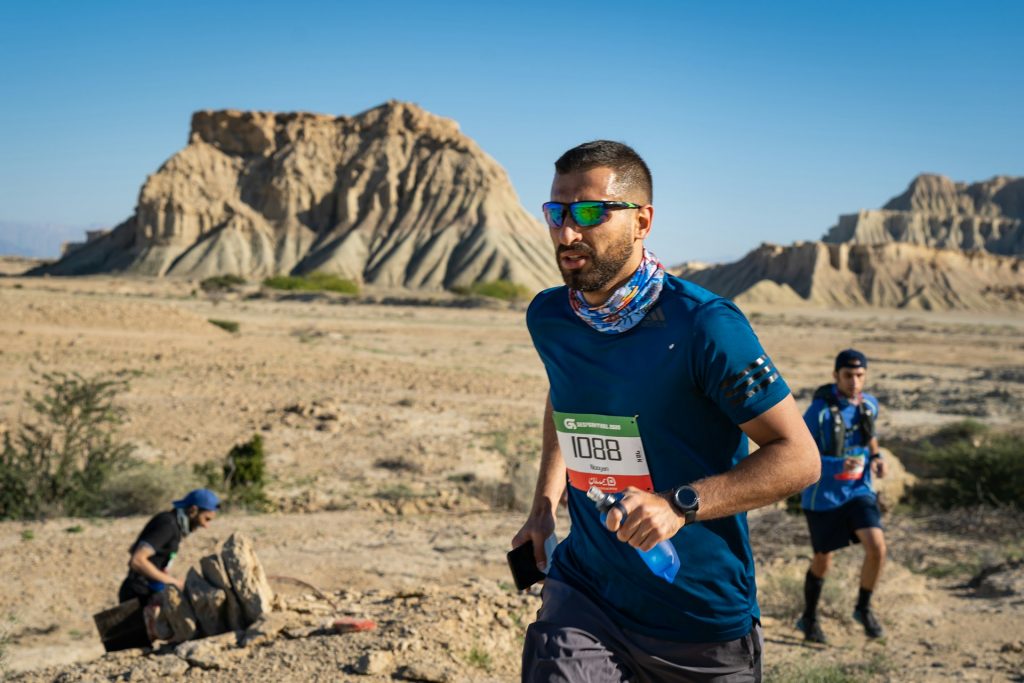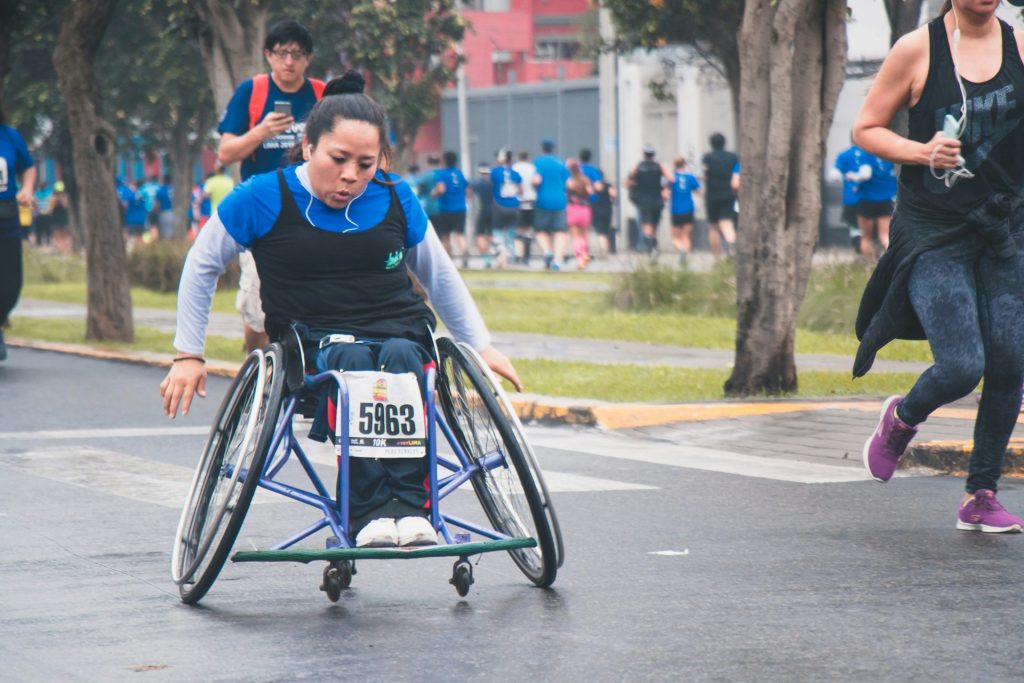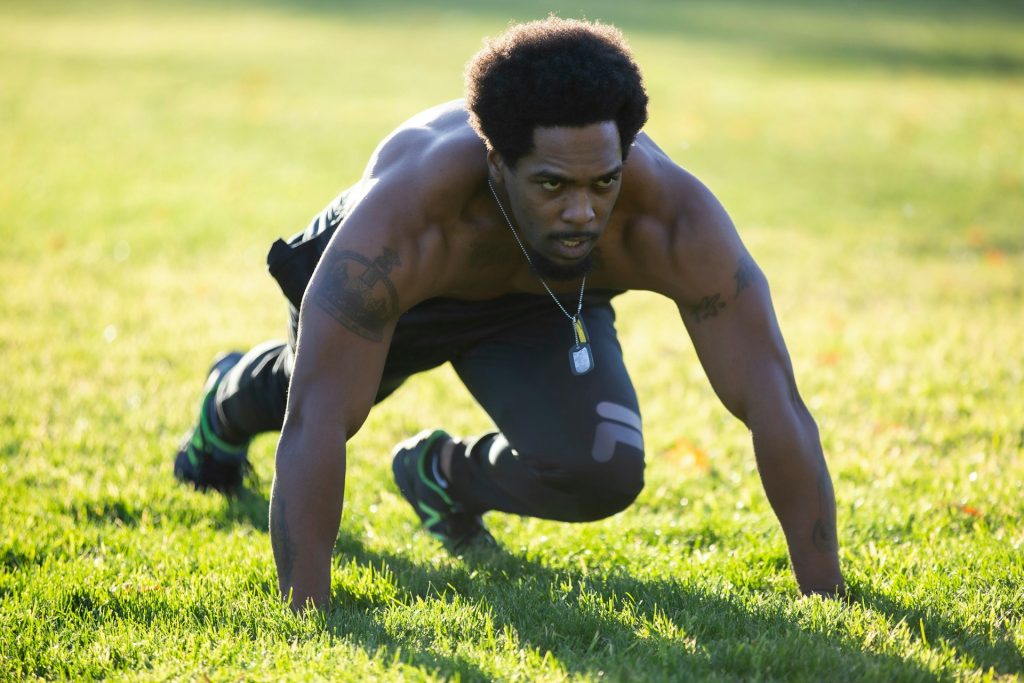Blog

2025 © Humango
Blog
Endurance training isn’t just about logging miles, hitting interval splits, or nailing nutrition. If it were that simple, we’d all be standing on podiums. But the real secret to top performance? It’s the six inches between your ears. Mental strategies for athletic performance separate good athletes from great ones. And the best part? You don’t need genetic gifts to master them—just a commitment to training your brain as hard as you train your body.

When you’re deep in the pain cave, what’s your inner monologue? Are you telling yourself, “I’m just not strong enough,” or “I can’t handle this”? If so, it’s time for a mental upgrade. A growth mindset—the belief that abilities and intelligence can develop with effort—can transform your performance. Athletes who adopt a growth mindset view challenges as opportunities to improve rather than threats to their ego.
Instead of thinking, “I’ll never be able to hold this pace,” try reframing it: “Holding this pace is tough now, but the more I practice, the easier it’ll get.” Research shows that athletes with a growth mindset persist longer, adapt faster, and handle setbacks better. So next time your coach throws a brutal workout at you, remember: struggle means you’re getting stronger.

If you lift weights to build strength and do intervals to increase speed, why wouldn’t you train your mind to optimize focus, resilience, and emotional control? Psychological skills training (PST) is the structured practice of mental techniques to enhance performance. Think of it as strength training for your brain.
Here are three PST techniques to start using today:
Elite athletes don’t just train their bodies—they train their brains to anticipate success. Before your next race or key workout, take a few minutes to close your eyes and mentally rehearse. See yourself executing the plan perfectly, feeling strong, and crossing the finish line with power.
Science backs this up: studies have shown that mental imagery activates the same neural pathways as physical practice. If you’re mentally prepared for success, your body is more likely to follow suit.
Would you tell your best training partner, “You’re slow, you’re weak, and you should just quit”? No? Then why say it to yourself? Self-talk is one of the most powerful mental strategies for athletic performance, and the good news is you’re already doing it—whether you realize it or not.
Start replacing negative thoughts with constructive, empowering ones. Instead of “I can’t do this,” try “I’ve trained for this.” Instead of “I’m dying,” say “I’m working hard, and that’s a good thing.” A well-trained inner dialogue can keep you focused and resilient when the going gets tough.
Emotions are like wild horses—if you don’t learn to rein them in, they’ll run the show. Emotional awareness in endurance training means recognizing how your emotions impact performance and developing strategies to manage them.
Feeling nervous before a race? That’s not a bad thing—nerves mean you care. Instead of trying to suppress them, acknowledge the feeling and reframe it: “This energy will help me perform.” Frustrated mid-race? Use it to fuel a surge instead of spiraling into self-doubt.

Every endurance athlete, from weekend warriors to world champions, faces setbacks. Injuries, bad races, missed workouts—it’s part of the game. But what separates those who come back stronger from those who crumble is mental resilience.
To develop resilience:

Mental toughness isn’t about grinding yourself into the ground—it’s about knowing when to push and when to back off. Endurance training is a balance of stress and recovery, and your brain plays a crucial role in managing that equation.
Listen to your body and trust your training. Feeling fatigued beyond normal? It’s not weakness—it’s information. A smart athlete knows that proper recovery is just as important as the hardest training session.

Now that you have these mental tools, how do you implement them? Start small. Pick one or two psychological skills training techniques and work them into your routine. Maybe it’s a pre-workout visualization, a self-talk mantra during tough intervals, or a daily check-in on your emotional awareness.
The goal is consistency. Just like physical training, mental training requires regular practice. But the payoff? A stronger, more resilient athlete who can handle whatever the road, trail, or race course throws at them.
So go ahead—train your brain, embrace the challenge, and unlock your full potential. Because endurance isn’t just a test of the body—it’s a test of the mind. And now, you’re ready to ace it.
This article was inspired by our webinar with Dr. Scott Frey. Dive deeper into these principles with the webinar here:
Posted by Jessica